Often Over Looked – Survival Tips for the Beach
Most books and articles on survival focus on how to survive in the woods, in the mountains, in the desert, or in a winter environment. Far fewer focus on how to survive on a tropical beach.
You may think that surviving on a tropical beach is far easier than surviving on a mountain, or at the very least more comfortable; but, on the contrary, this is likely not to be true at all.
In fact, surviving on a beach would prove to be quite difficult and challenging, and if you were to become stranded on a deserted island especially, you would have the added challenge of having to signal for help.
WATER
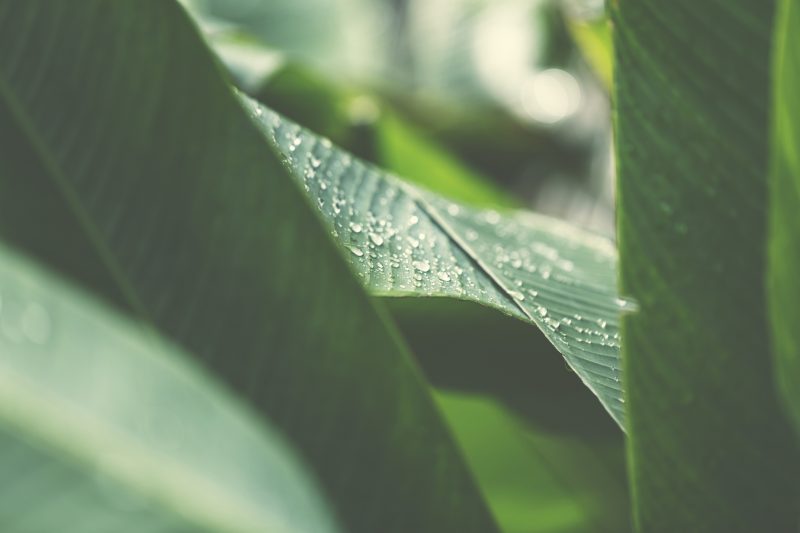
You may think that water would be easy to find on a tropical beach, but the truth is that not much of it would be safe for you to consume. You can’t drink saltwater, obviously, but you would also need to be careful about any streams you find or of licking water off the green plants. You can contract life-threatening diseases such as giardia by drinking water from a ground source in the tropics.
The only water that is definitively safe to drink in the tropics is rainwater, and any ground-level water that you find and consume needs to be boiled at the bare minimum.
FOOD
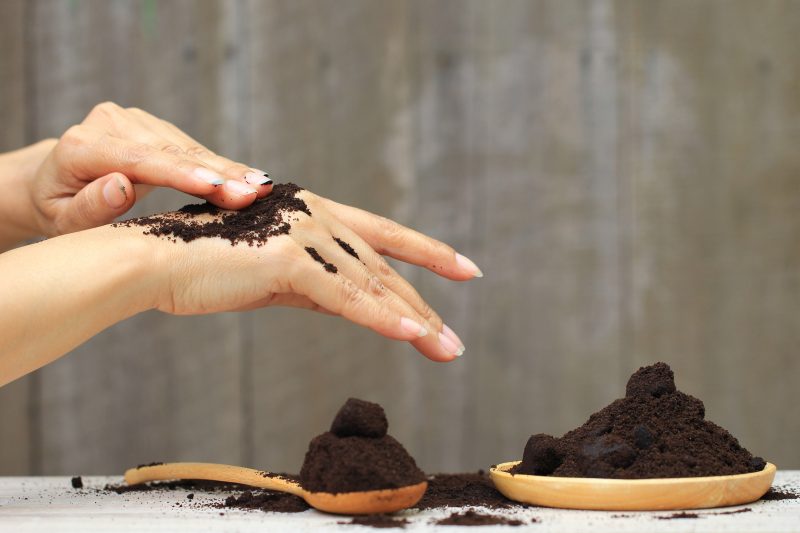
Food is another problem in the tropics. Not all plants and fruits you find in the tropics are safe to eat – not at all. As a general rule, any white or yellow-colored plants and fruits should be avoided at all costs.
To test plants to see if they’re safe, rub them over your skin and see if you react negatively within twenty-four hours. Next, place some against your lips and wait for a few more hours to see if anything happens. Then, place some more against your tongue and wait again.
At that point, if there have been no negative effects whatsoever, you can consume a very small portion of the plant and then wait for at least ten more hours. If nothing has happened still, the plant should be safe to eat.
The good news in the tropics is that many edible foods such as coconuts, bananas, and mangoes can be found in great abundance. You just need to make sure they aren’t infested with worms or bugs or anything like that.
FIRE
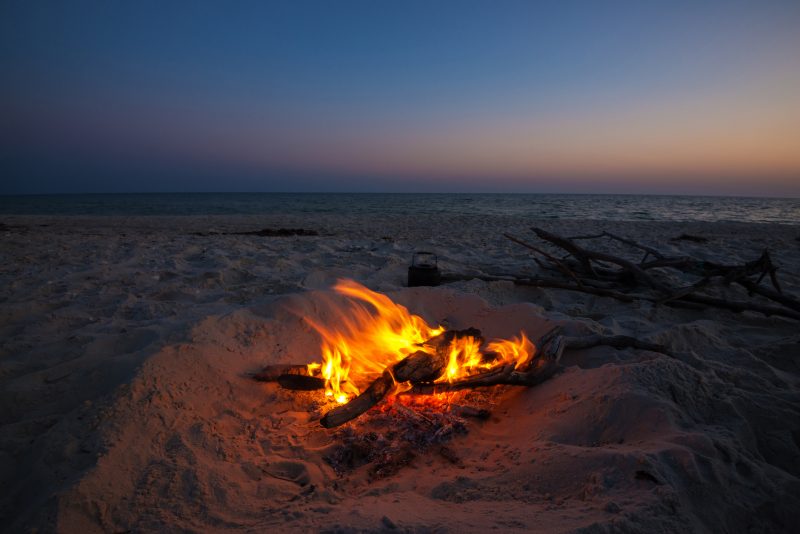
A fire will (most likely) not be needed for warmth in the tropics, so you may not think that building one is a priority. But in reality, it is likely that you would need a fire to cook food, boil water, and signal for rescue.
Even if firewood is in short supply, you can still accumulate fuel by collecting together dry grass, sticks, weeds, and dead leaves. You can then build a tinder fire out of these things to get your fire going.
If you don’t have fire-starting devices with you, the best ways to create fire are by either reflecting the sunlight with your glasses or with a soda or beer can, or by rubbing two sticks quickly together (yes, this method does work even though it’s going to require a lot of patience and dedication).
SHELTER
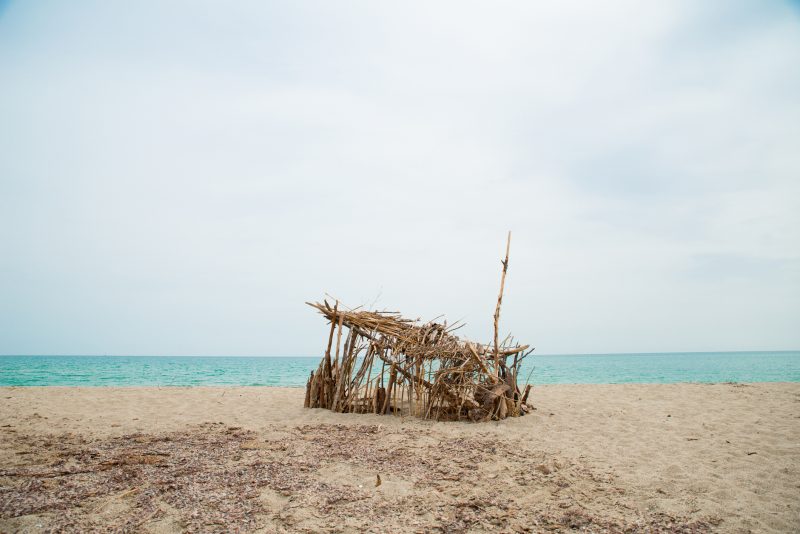
A shelter is needed on a tropical beach to shield you from the sun, wind, and rain. If you are unable to find a cave, the next best option would be to build your own shelter out of vines, branches, and palm leaves. If you found two palm trees in relatively close proximity to one another, you could tie a pole horizontally with vine and then lay more poles, sticks, and palm leaves to one side to make a lean-to shelter.
SIGNALING
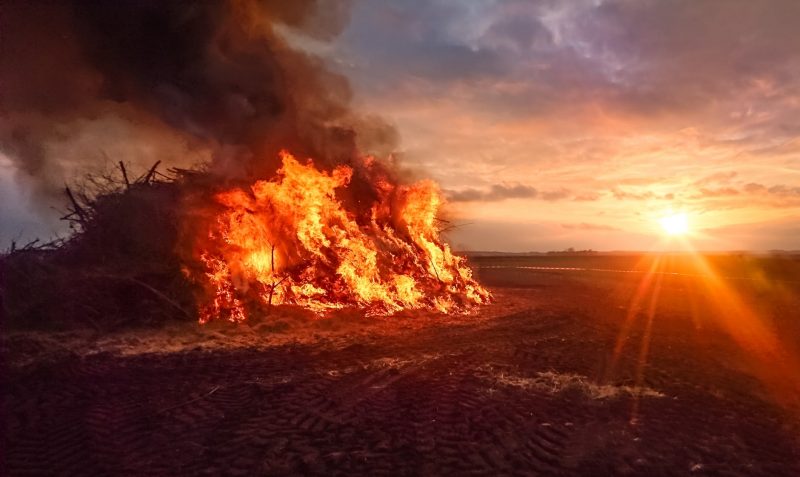
Last but not least, if you were to find yourself on a deserted island especially, you would need to signal for help. The smoke created by fire is by far the best signaling option. Opt for an open area on the highest ground you can find and relatively far away from your shelter.
Green vegetation will create thick white smoke that can be clearly seen for miles. Just make sure that there are no trees over your position to severely hinder the flow of the smoke and reduce your odds of being spotted.





